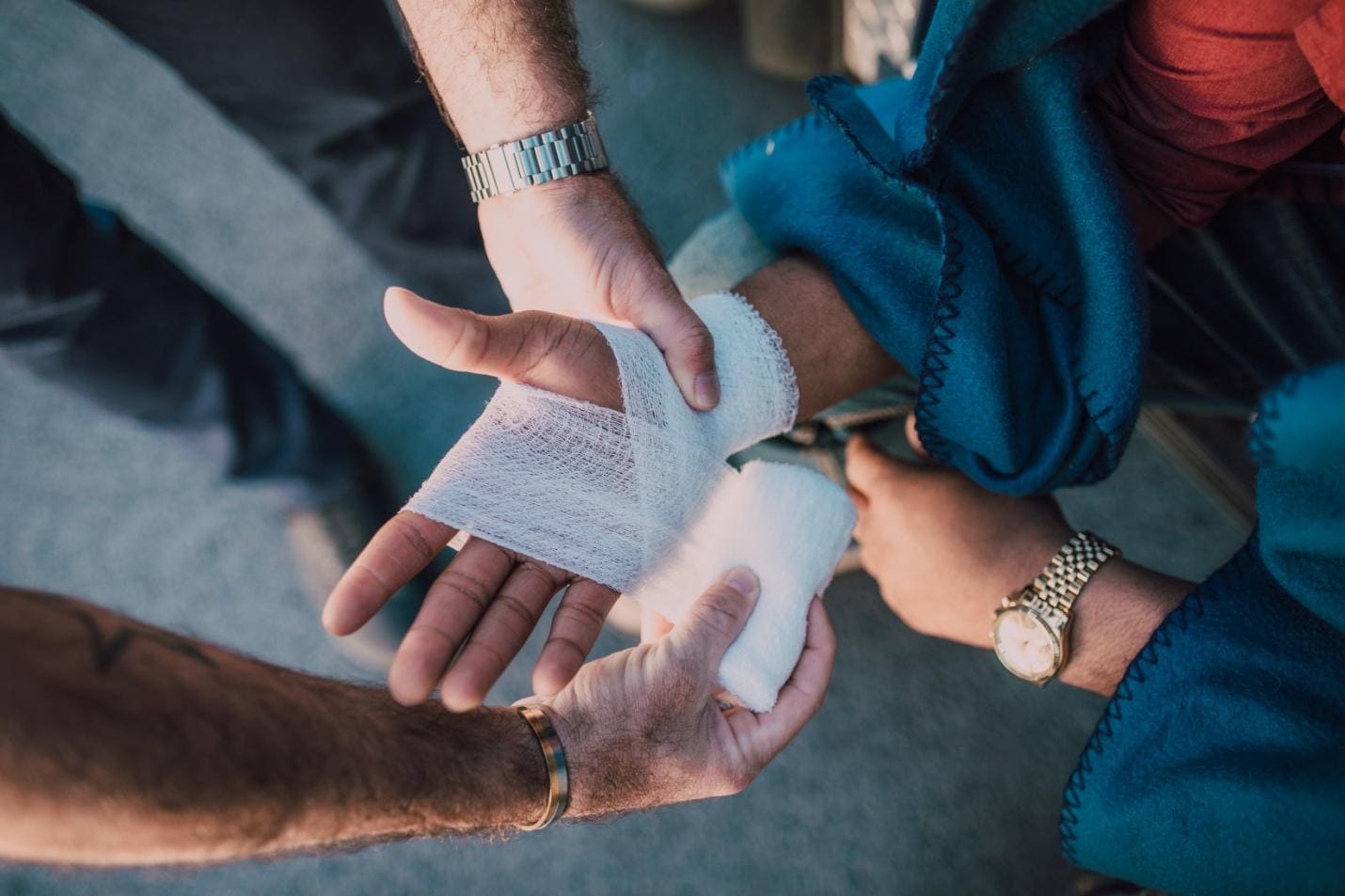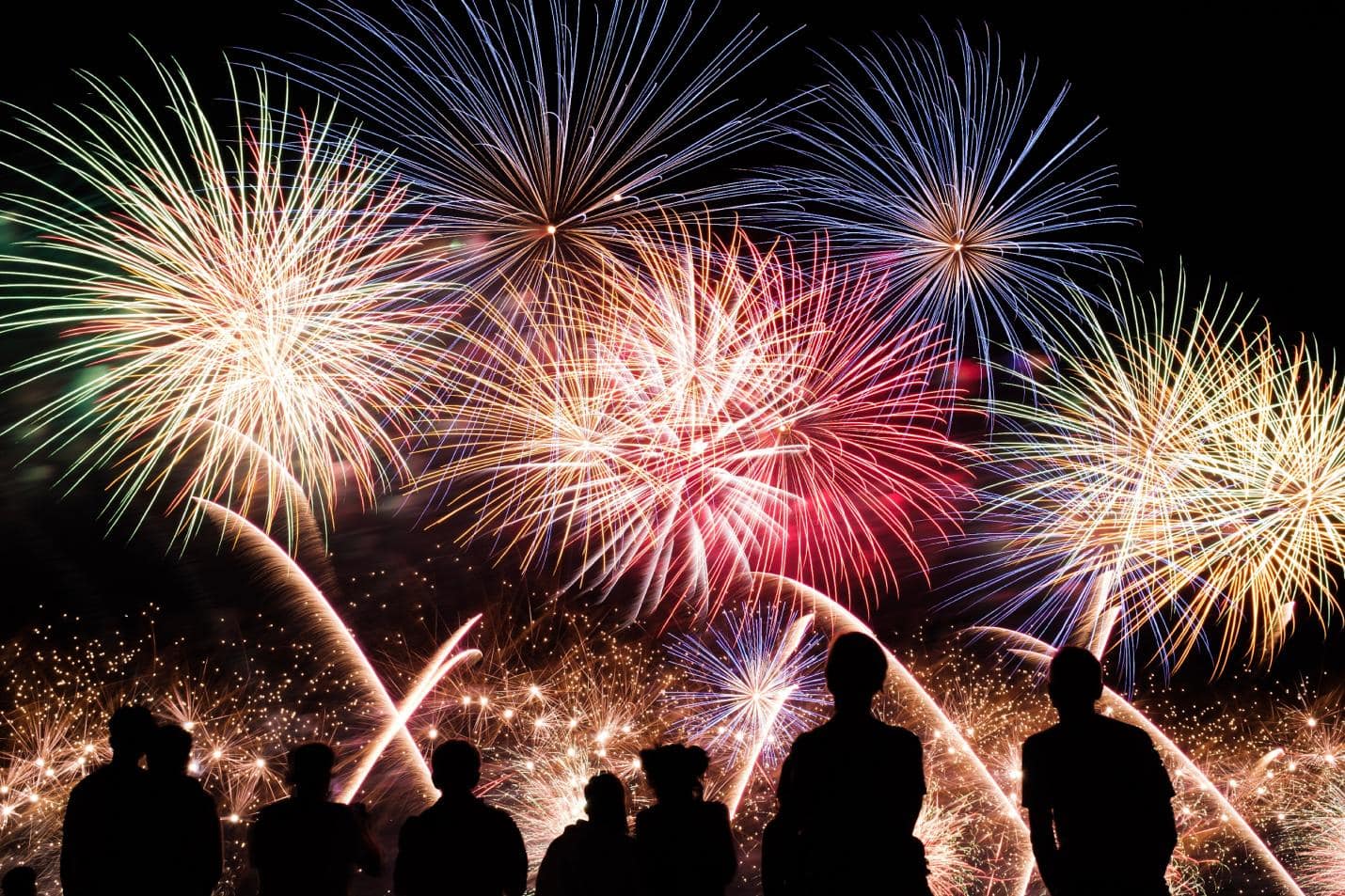Fall is here, and businesses are getting ready for the holidays. With the festive season and year’s end right around the corner, many companies are already planning office holiday parties, from corporate retreats to anniversary celebrations, awards ceremonies, and promotion events. These end-of-year social gatherings are a great way for employees to celebrate their accomplishments and boost their morale.
However, they usually involve free-flowing alcohol, dancing, and casual (themed) apparel that often lead to employees engaging in inappropriate behavior due to the relaxed, casual environment. Remember, a holiday office party is a formal “work” event. Hence, sexual harassment laws still apply. Despite this, more than one in five employees – both men and women – report sexual advances, unwelcome touching, inappropriate comments, and other issues.
As a result, corporate holiday parties and social events are now a double-edged sword. On one end, they’re a fantastic way to bring a team together. On the other end, they’re a potential minefield of direct and third-party sexual harassment lawsuits.
In this article, we’ll share some tips for employers and employees to prevent celebrations from ending up in the courtroom.
1. Watch the Alcohol
Many of us like to indulge a little during the holidays, treating ourselves with more alcohol than usual, especially at festive office parties with friends and colleagues. While there’s nothing wrong with enjoying a drink or two, you must be responsible. In other words, a corporate party is not the place to let loose.
Alcohol consumption can result in reduced inhibitions, prompting individuals to engage in inappropriate behavior they might otherwise avoid if they were sober. A study by Cornell University found that alcohol consumption in workplace events increases the risk of sexual harassment. Consuming alcohol in uninhibited social environments can make coworkers and managers engage in unwelcome sexual conduct, including (but not limited to):
- Unwanted Touching/Sexual Assault: Just because it’s a party doesn’t mean your coworker has a free pass to kiss you under the mistletoe or start grinding on the dance floor—even if you both have had a few drinks. A clerk for the Buffalo Dental School successfully sued her employer for sexual harassment after she was sexually assaulted at a holiday party, ultimately settling for more than $250,000.
- Unwelcome Advances: You wouldn’t (and shouldn’t) ask your coworker to come to a hotel room with you after your weekly team meeting, and the company holiday party isn’t the time to do it either.
- Inappropriate Comments or Jokes: “Wow, you look fantastic in that party dress. But I bet you’ll look even better on the dance floor.” This is a prime example of an inappropriate (unwelcome) comment about a person’s body. Whether it’s your manager, supervisor, or coworker, they can’t make such sexual remarks, even if it’s a joke. An advertising agency employee sued her supervisor dressed as Santa Claus for asking female employees to sit on his lap so he could ask sexually inappropriate questions. A jury awarded her $250,000.
Some companies address this issue by having alcohol-free events or issuing a limited number of drink tickets to employees to curb overconsumption. Many company parties have also started including non-alcoholic beverage options for those who can’t or choose not to drink.
2. Encourage Safe Transportation for Those Who Drink
We all understand that alcohol and driving don’t mix. If you drink, make sure you have a safe way to get back home without driving. Employers can and should encourage responsible drinking by providing options for safe transportation, such as designated drivers or subsidized ride-sharing services. This helps create a safer environment for everyone.
3. Respect Employee Differences and Choices
Your company holiday party should include everyone. However, not everyone celebrates or feels comfortable at these events, and attendance should be voluntary. The EEOC settled a claim on behalf of a Jehovah’s Witness employee for $68,000 after the employee was fired for asking to be excused from her company’s holiday party. Employees’ choices when it comes to attending a company party should be respected, no matter the reason.
4. Be Careful with Awards or Gift Exchanges
Some employers use the end-of-year holiday gathering as an opportunity to host a white elephant gift exchange or a fun awards ceremony. While these can be great team-building activities, any gifts exchanged should be office-appropriate. While someone may think that edible underwear is hilarious, a sexually suggestive gift is not appropriate and can potentially lead to sexual harassment lawsuits.
Also, don’t forget that harassment can take forms other than sexual harassment. For example, a trophy for “Least Likely to be Seen in the Dark” is a wildly inappropriate award to give to an African-American employee. If your holiday party includes a gift exchange, set clear guidelines to ensure appropriateness and fairness. Doing so can help prevent any awkward or uncomfortable situations.
5. Every Party Needs to Have an End
In most cases, harassment issues arise after the party is over, especially when someone decides to throw an “after-party” elsewhere. It should go without saying that the company holiday party is not the time for your manager to pressure everyone to come back to his hotel room or continue the fun with an “unofficial” trip to a strip club for a lap dance. However, this is all too common in corporate environments. Remember, holiday parties are still workplace events, even if they happen off-site. Therefore, regular workplace rules against harassment still apply.
6. Complaints Should Be Taken Seriously
If you witness an incident or are the victim of sexual harassment at a work holiday party, remove yourself from the situation and report the incident to your manager or Human Resources as soon as possible. Make sure you document what happened, including details about where, when, and who was involved. You can take pictures or videos, gather witnesses, or collect communication records such as calls, texts, and the like.
If your employer refuses to take action, you can pursue legal action by filing a sexual harassment lawsuit. However, you’ll need an experienced employment attorney to gather relevant evidence and present your case in a district court. Taking on a harasser or your employer without professional intervention and legal counsel might not get you the justice and compensation you deserve.
Hire an Experienced Employment Attorney Now!
Sexual harassment cases arising from office holiday parties often result in legal and professional consequences, affecting the victim, the harasser, and the company. If you’ve been a victim of direct or third-party harassment at a corporate dinner, retreat, award ceremony, or other social event, you must seek legal advice from an employment attorney specializing in sexual harassment cases.
The experienced sexual harassment lawyers at BLG can help you build a winning case to get justice and secure maximum compensation for economic and non-economic damages. Contact our team for a free consultation now at (800) 870-8910 to discuss your case.



